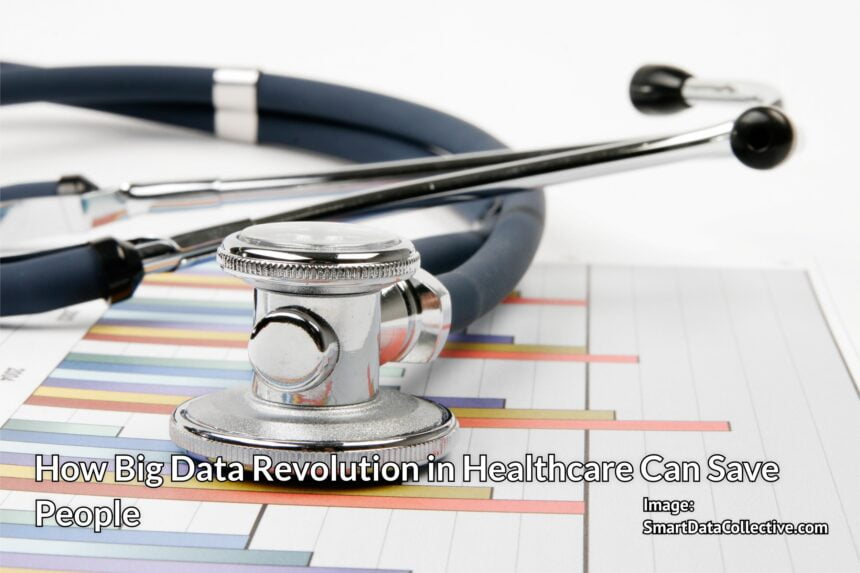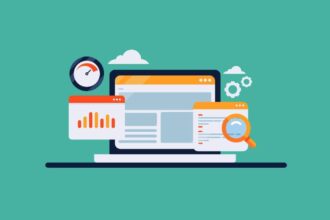In the last few decades as we become inundated with information from multiple sources and on virtually everything, the challenge is to organize the information in a way that can prove profitable to all. This gave rise to Big Data revolution. But the effect of Big Data has been more far reaching than anyone could have predicted.
Big Data is changing every aspect of our life and healthcare is not far behind. Big Data revolution has changed healthcare in almost every aspect, across various sectors and verticals. In fact, the future of healthcare today lies in how efficiently we manage, analyze and work with big data. The two aspects of healthcare — a healthier population and affordable care that is still profitable — make it different from any other business. So, any success here must take into account the welfare aspect.
The data in healthcare
Healthcare organizations have typically been massive beehives of information, records and data. This flows in from multiple sources. There are patient records, organisational records, appointments, employee records, examination reports, invoices, forms, research, medical journals, test results and so on. It comes from people, specialists, insurance companies, suppliers, patients, researchers, pharmacists and more.
For years this data has been gathered together in a scattered manner without any organization or an attempt to integrate and analyze it. This is where Big Data first came in. Technology put the data in pieces that could later be integrated and shared. This was the collection of all data — big and small — into one central bank where everything was organized neatly and could be extracted at moments notices.
Wearable technology and apps
A lot of this data comes from the people themselves and not necessarily in the way you imagine. Today people are increasingly turning in their own data through devices that are specially designed to collect health data. For instance, we have health tracking bracelets that record heartbeat, blood pressure etc. Medically wearable technology has been one of the hottest fields in technology today. While it has created better health awareness, it has also created a stream of data.
Adding to wearable technology are the many health apps these days. From hospitals to chemists — every institution and service has an app these days. There are also third party apps, not curated by an organization, but purely want to monitor health. These apps will record your medical history, inform in case of an emergency or appointment and keep your records accessible.
We are not long from the day when all this wearable technology will have a definite impact on not just how we manage our health, but also how we interact with healthcare organization. For instance, biometric data will keep you connected to your doctor at all times, proving you with instant care. This is especially helpful in case of critically ill patients where care givers can monitor health remotely.
Effect on public health
The effect of gathering data does not just revolve around patients. As we gather data from all sources, healthcare workers are also able to see the bigger picture. With better connectivity we are doubly able to see patterns, a sudden outbreak of a disease, symptoms and other indications that show an epidemic. This has resulted in swift action, worldwide precautionary measures which work by international sharing of information and data.
On a macro sense when we study health, we see the whole picture. Doctors are now better able to predict health concerns that affect the majority of population, like rising number of patients in a certain disease, trends towards obesity or diabetes and such. Even treatment is affect by this sharing of data. We have faster access to test results and the effect of experimental treatments.
Many tech giants are, in fact, now focusing on harnessing medical data for research. Recently Apple and IBM came together to create a cloud healthcare service. The data will be collected by iPhone and Apple Watch, which will then be shared on IBM’s Watson Health. We can actually monitor and analyze on real time data.
Organisational efficiency
The effect of Big Data on organizational efficiency has been obvious. Like any business, healthcare services also require micro management of various branches. Big Data puts all process and information on one common cloud, creating a smooth synchronized operation.
Big Data is obviously no cure for all. It has simply given us a more integrated world where finding solutions can sometimes be easier. But there are still many challenges that remain. Creating a truly automated data collection and analysis is still a work in progress. Then there are valid issues regarding privacy and security. Secrecy of medical records is not just an ethical matter, it is also legally imperative. So, we are grappling with creating safe information highway where doctors, healthcare works, the government, commercial establishments and people can come together.










